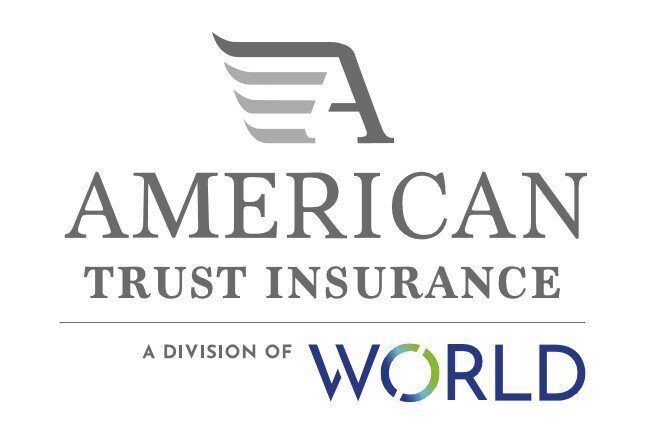American Trust Insurance
American Trust Insurance is now a division of World
ATI was founded in 2004, and today it has eight offices within South Dakota. They provide personal and commercial insurance, health and life insurance, and specializes in crop/agricultural/farm insurance.
“It’s great to join World Insurance,” says Preston Steele, Principal, American Trust Insurance. “We look forward to offering our clients additional products and services to meet their insurance needs.”
Providing personal and business insurance services
- Agricultural Insurance
- Crop Insurance
- Personal Insurance
- Business Insurance
- Life Insurance
GET STARTED WITH A FREE CONSULTATION

Office Address
342 Park Ave, Woonsocket, RI 02895
Office Contact
Phone: (401) 766-4200
Office Hours
M/Th: 8:30 AM - 4:30 PM
Friday: 8:30 AM - 3:00 PM
Saturday - Sunday: Closed
About This Location
Esten & Richard Agency Inc. joined World Insurance Associates in December of 2022.
Office Locations
South Dakota
Huron
1820 Dakota Ave. S
Huron, SD 57350
605-353-2800
Monday-Friday: 8:00 a.m. to 5:00 p.m.
Saturday-Sunday: Closed
South Dakota
Brookings
100 Main Ave.
Brookings, SD 57006
605-692-6223
Monday-Friday: 8:00 a.m. to 5:00 p.m.
Saturday-Sunday: Closed
South Dakota
DeSmet
212 Calumet Avenue S.E.
DeSmet, SD 57231
605-854-3323
Monday-Friday: 8:00 a.m. to 5:00 p.m.
Saturday-Sunday: Closed
South Dakota
Watertown
1600 4th Street NE
Watertown, SD 57201
605-886-9719
Monday-Friday: 8:00 a.m. to 5:00 p.m.
Saturday-Sunday: Closed
South Dakota
Mellette
4 Main St.
Mellette, SD 57461
605-887-3900
Monday-Friday: 8:00 a.m. to 5:00 p.m.
Saturday-Sunday: Closed
South Dakota
Miller
131 N. Broadway
Miller, SD 57362
605-853-2470
Monday-Friday: 8:00 a.m. to 5:00 p.m.
Saturday-Sunday: Closed
South Dakota
Pierre
700 E. Sioux Ave.
Pierre, SD 57501
605-945-3484
Monday-Friday: 8:00 a.m. to 5:00 p.m.
Saturday-Sunday: Closed
South Dakota
Sioux Falls
6810 S. Minnesota Avenue
Sioux Falls, SD 57108
605-679-9000
Monday-Friday: 8:00 a.m. to 5:00 p.m.
Saturday-Sunday: Closed
Exceptional Support
Testimonial
- Brian Seehafer
Testimonial
"The staff here is friendly and personable, and they will get you what you need."
- G K